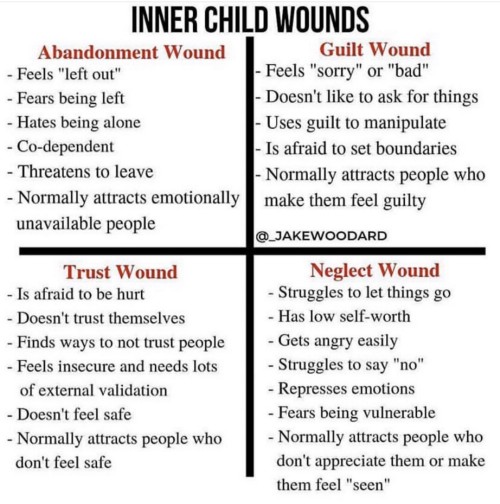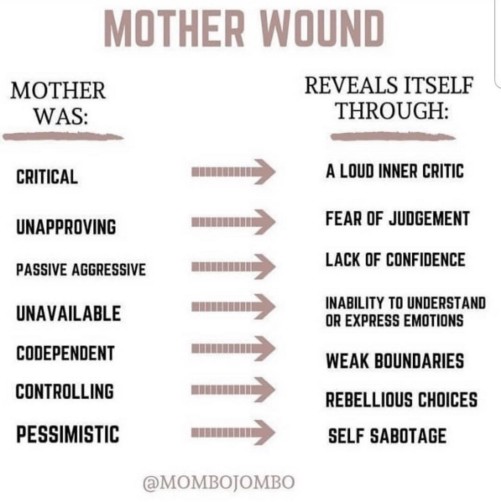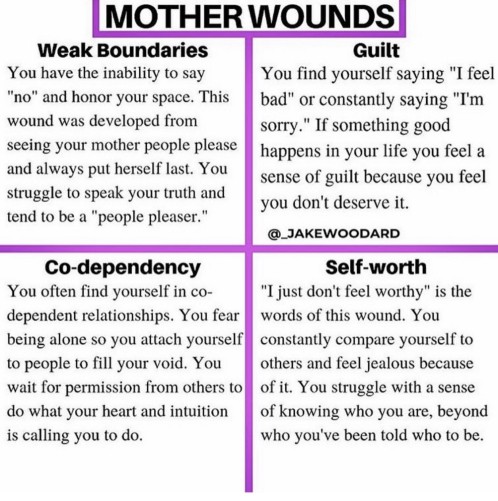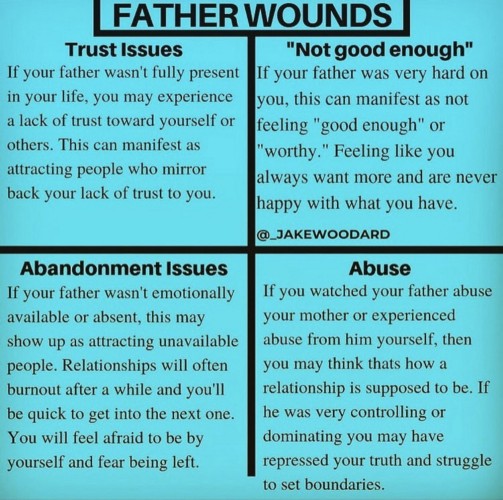Resources
Abuse
10 types of abuse (Source: https://www.scie.org.uk/safeguarding/adults/introduction/types-and-indicators-of-abuse)
1. Physical abuse
2. Domestic violence or abuse
3. Sexual abuse
4. Psychological or emotional abuse
5. Financial or material abuse
6. Modern slavery
7. Discriminatory abuse
8. Organizational or institutional abuse
9. Neglect or acts of omission
10. Self-neglect
Addictions
Alcohol Addiction Recovery
Overeating
Break-Ups
Bullying
Codependency
- What is codependency?
It is an emotional and behavioral condition that affects an individual's ability to have a healthy, mutually satisfying relationship. It is also known as “relationship addiction” because people with codependency often form or maintain relationships that are one-sided, emotionally destructive and/or abusive. (Source: Mental Health America)
- What causes codependency?
Childhood trauma and growing up in a dysfunctional family is often a root cause of codependency. They don't always result, but for many people codependent relationships are a response to unaddressed past traumas. One reason may be that childhood trauma is usually family-centered: abuse, neglect, domestic violence, or even just divorce and fighting. While codependent traits help us cope with scary, confusing, and unpredictable family lives—it can cause us problems in adulthood (Source: Dr. Sharon Martin and brightquest.com) - How to start recovering from codependency.
People who are in codependent relationships could be beautiful, fit and seem fine on the outside, but often have low self-esteem. In order to stop being codependent, you have to begin to value yourself.
- Recovering from codependency involves:
1) Establishing boundaries
2) Taking responsibility for your health and happiness
3) Getting to know yourself
4) Learning to love yourself
(Source: Psychology Today)
It is an emotional and behavioral condition that affects an individual's ability to have a healthy, mutually satisfying relationship. It is also known as “relationship addiction” because people with codependency often form or maintain relationships that are one-sided, emotionally destructive and/or abusive. (Source: Mental Health America)
Childhood trauma and growing up in a dysfunctional family is often a root cause of codependency. They don't always result, but for many people codependent relationships are a response to unaddressed past traumas. One reason may be that childhood trauma is usually family-centered: abuse, neglect, domestic violence, or even just divorce and fighting. While codependent traits help us cope with scary, confusing, and unpredictable family lives—it can cause us problems in adulthood (Source: Dr. Sharon Martin and brightquest.com)
People who are in codependent relationships could be beautiful, fit and seem fine on the outside, but often have low self-esteem. In order to stop being codependent, you have to begin to value yourself.
1) Establishing boundaries
2) Taking responsibility for your health and happiness
3) Getting to know yourself
4) Learning to love yourself
(Source: Psychology Today)
Counseling
Generational Curses / Breaking Negative Generational Patterns
Grief
Suicide Prevention
YOU ARE NOT ALONE! Are you in a crisis? Call 800-273-8255 or text TALK to 741741
1-800-273-8255
The Lifeline provides 24/7, free and confidential support for people in distress, prevention and crisis resources for you or your loved ones, and best practices for professionals.
Healing
Healthy Relationships
Human Trafficking
SMS: 233733 (Text "HELP" or "INFO")
Hours: 24 hours, 7 days a week
Languages: English, Spanish and 200 more languages
This page serves as a resource hub for thousands of documents on human trafficking and modern-day slavery.
Imposter Syndrome
Inner Child Wounds/Inner Child Healing




Insecurity
Loss
Mindset
Narcissism
Poverty Mindset
National Sexual Assault Hotline: Confidential 24/7 Support
Call: 1-800-656-HOPE (4673)
Seeking Validation
Self-Healing
Self-Sabotage
Shadow Work
Strongholds / Being Stuck / Trauma Bonds
Have you every stayed in a situation you knew wasn’t good for you, but you couldn’t leave? It’s as if you are stuck and maybe just don’t feel at all anymore. There are many layers, but the first step is realizing that you mind has been seized by your experiences.
A spiritual stronghold is a habitual pattern of thought and false perceptions, built into one's thought life. Satan and his minions want to capture the minds of people: the mind is the citadel of the soul. Once your mind is attacked, you will stay stuck in mindsets, behavior, and relationships that aren’t healthy. You become numb in life and imprisoned in your mind.
A stronghold of the mind is a lie that Satan has established in our thinking that we count as true but is actually a false belief. When we embrace these lies, they affect our attitudes, emotions, and behaviors. – Author: Rebecca Greenwood (Book: Defeating Strongholds of the Mind: A Believer's Guide to Breaking Free)
Toxic Habits / Toxic Relationships
Trauma Bond
Trauma Recovery
Triggers
